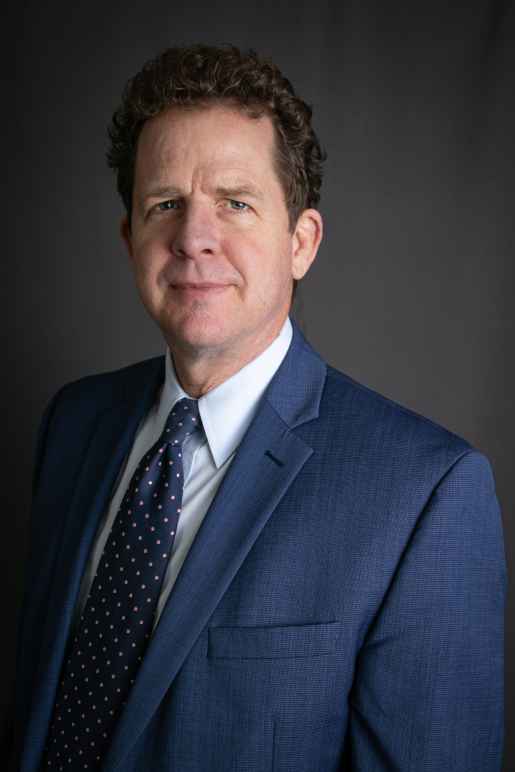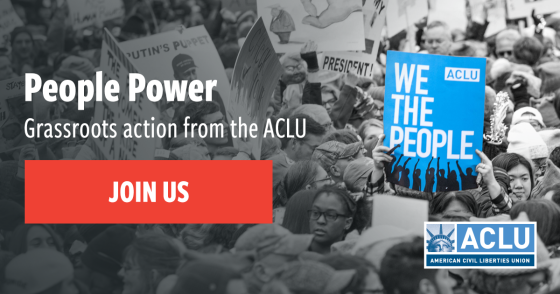LINCOLN, Neb. – As the official count of coronavirus cases in Nebraska rises, the ACLU of Nebraska is calling on Gov. Pete Ricketts and other state leaders to protect public health by reducing the amount of people in the Nebraska Department of Correctional Services’ overcrowded facilities.
ACLU of Nebraska Legal Director Adam Sipple sent a letter Wednesday that asks the Board of Pardons to commute sentences of people who are incarcerated and most vulnerable to an outbreak, including older people and those with relevant underlying health issues.
“The Constitution requires jailers to take action to protect incarcerated Nebraskans from the COVID-19 virus. The Supreme Court has made it very clear,” Sipple said. “It’s not a political choice or policy judgment, it’s the law, and it’s a moral obligation for Gov. Ricketts and Director Frakes to follow, not ignore.”
Sipple added that the action would acknowledge the severity of the threat COVID-19 presents to those defined as high-risk by public health experts.
“No judge sentenced any of these folks to face a substantial risk of death from the virus. A targeted release beginning with the most vulnerable people in our jails and prisons is both feasible and legally required. Executive officials in other states have recognized that.”
The letter follows action nationwide to reduce prison populations because of the risk to people who are incarcerated, staff and the public at large.
- Iowa’s Department of Corrections plans to expedite release of about 700 people who are incarcerated to mitigate the spread of COVID-19.
- In Ohio, an effort to identify and release people with serious health conditions led to a drop in jail population of more than 600 people.
- As of this week, more than 200 people who are incarcerated have been released in Oklahoma to attempt to limit the spread of COVID-19.
- Utah’s jail population has dropped by roughly 300 people within the last two weeks due to similar mitigation efforts.
As of DCS’ last quarterly report, at least 32% of the average daily population were there for nonviolent offenses.
Recent nationwide polling shows 66% of likely voters believe elected officials should be considering measures to reduce overcrowding in prisons and jails as a response to the coronavirus.

